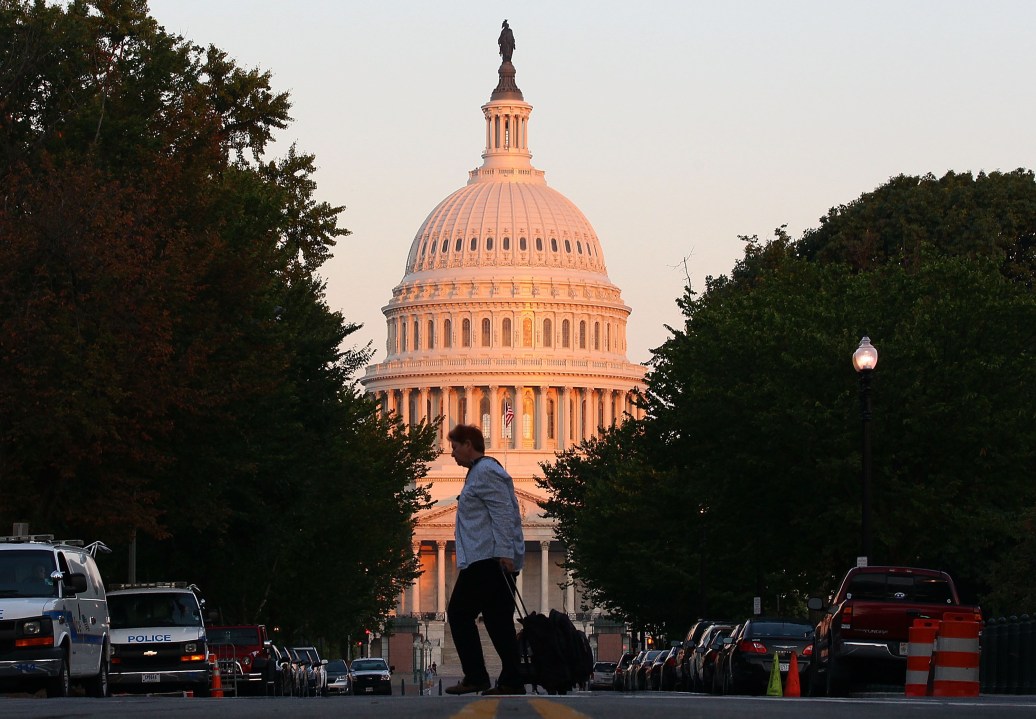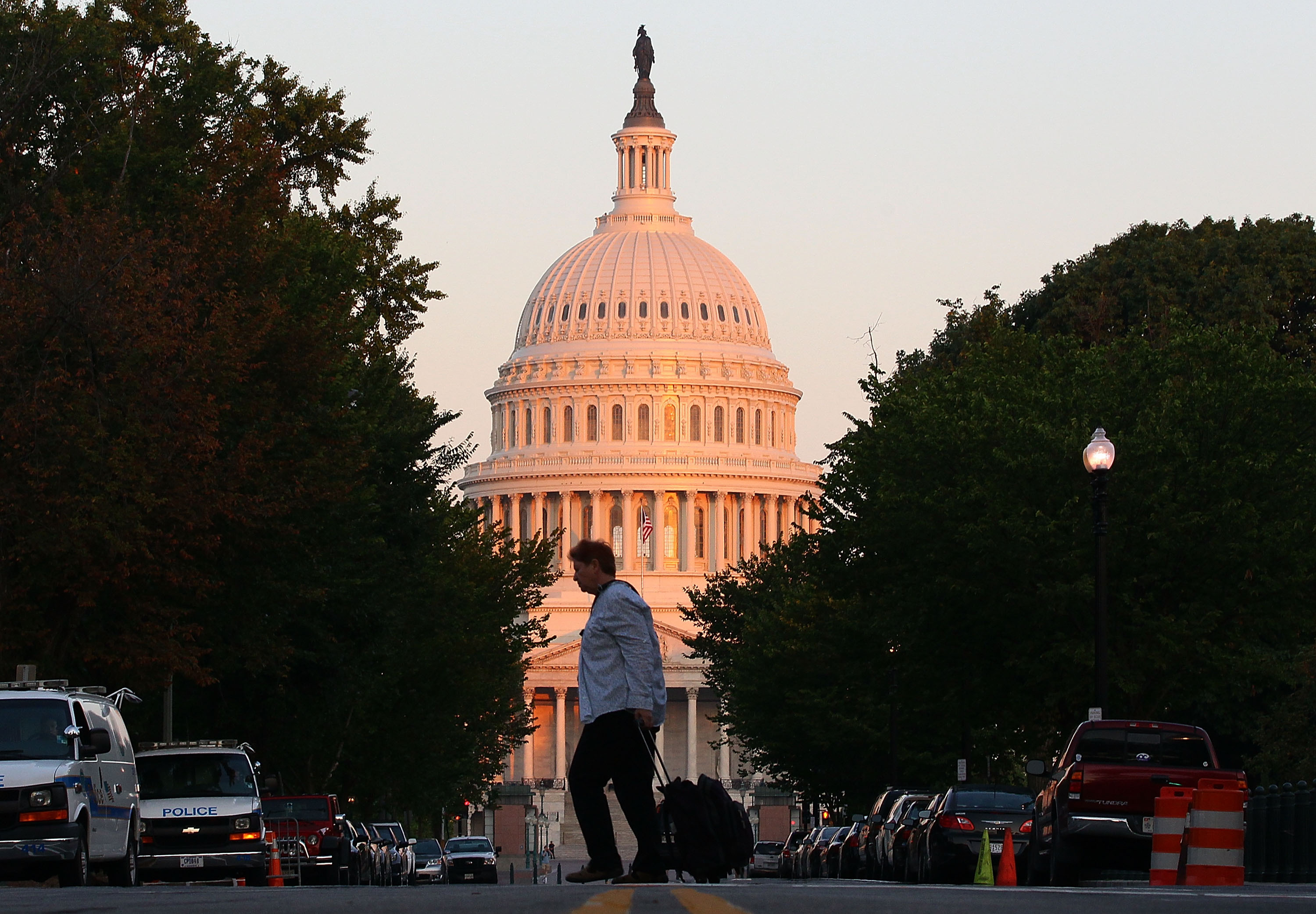 Frantic deal-making over the weekend appears to have clinched a $2.4 trillion US debt ceiling deal, with $900 billion in initial spending cuts
and the rest to be determined by a committee over the autumn. The White House has the official statement here.
Frantic deal-making over the weekend appears to have clinched a $2.4 trillion US debt ceiling deal, with $900 billion in initial spending cuts
and the rest to be determined by a committee over the autumn. The White House has the official statement here.
There’s still a chance the deal will fail in the House, but Republicans are sounding
bullish. And Democrats will probably fall into line — not the least because the expiration of the Bush tax cuts over the next couple years could balance the current ‘all-cuts’
proposal.
Of course, negotiations could breakdown over the next 48 hours, but it’s now clear that, despite their rhetoric, US politicians ‘get it’ and fear the consequences of a default.
With that out of the way, I’m fairly sanguine because the basic challenge — agreeing to fulfil previous spending commitments — is not intrinsically difficult, and because the
government has the option to buy more time. Even if the last-minute political brinksmanship
exceeds all expectations, it’s hard to imagine that politicians wouldn’t quickly strike a deal once America’s retirees suddenly stopped receiving their social security cheques.
That’s not to say that this messy bickering has been consequence free. There’s still a chance that delays will force the government into extraordinary manoeuvres like prioritising payments
— with knock-on effects on the economy as millions receiving payments or benefits — or creating an ad-hoc Federal Reserve overdraft facility. If the mooted deal holds, the US
will have avoided ‘the biggest own-goal in history’ but nonetheless inflicted unnecessary economic damage upon itself. The impact of massive economic uncertainty on consumer confidence
and business investment is obvious: many are now confident that America will avoid default, but would they make big personal or business commitments while there is still some risk of economic
apocalypse? Probably not. As Citi has pointed out America’s experience in 1979 demonstrated that even flirting
with disaster — in that case a short-lived technical default — can increase both short and long-term interest rates for years afterward.
And then there’s the possibility that the specifics of the deal will derail America’s limp recovery. According to reports, the $917 billion in initial spending cuts will be phased in
over a decade, but as ever the devil is in the details.
As Pete has noted, this sorry episode will have increased downward pressure on America’s AAA credit rating. The S&P has already warned that a downgrade is on the cards, and, while this deal includes some spending cuts, the near-crisis only demonstrated how difficult it will be to achieve serious medium-term fiscal restraint with America’s truly dysfunctional political system.







Comments